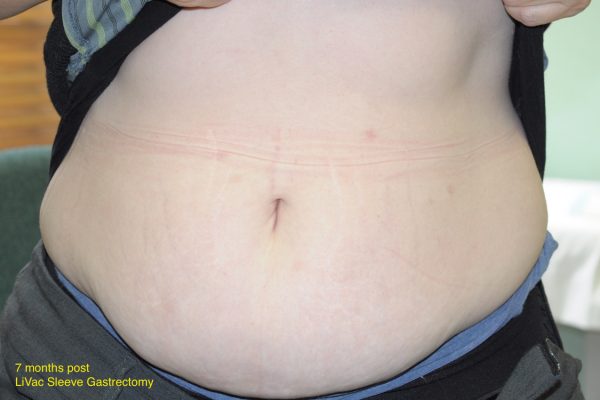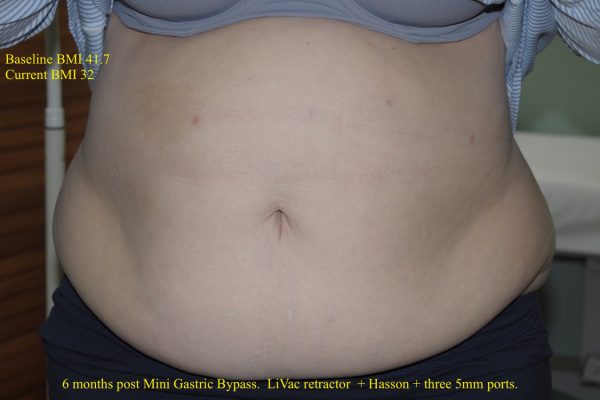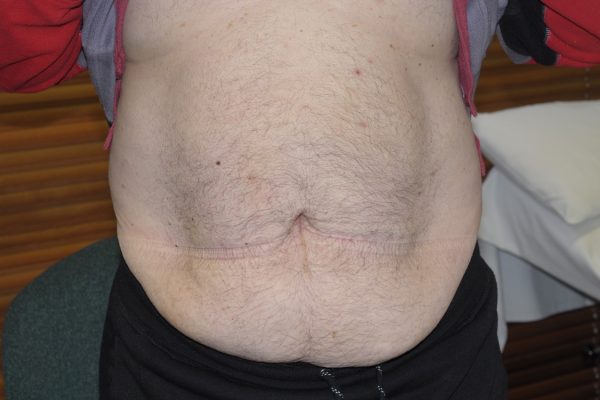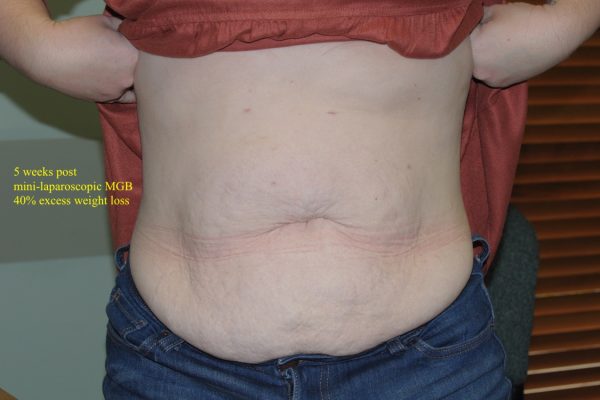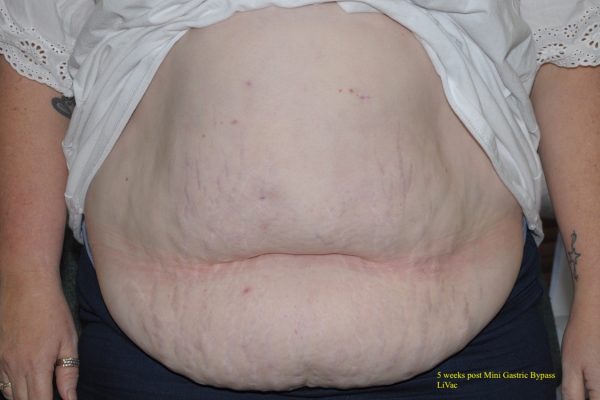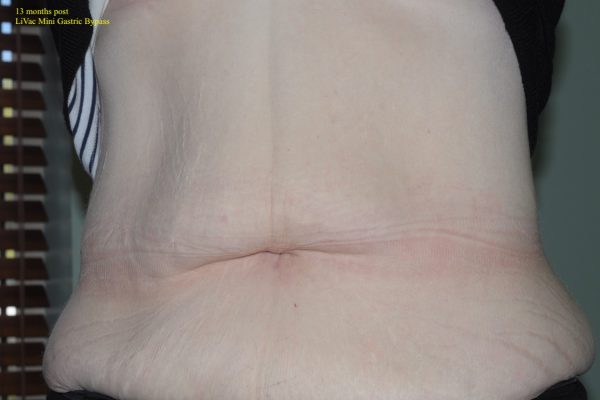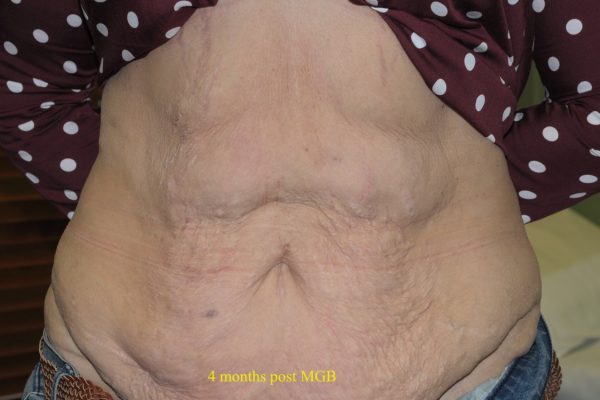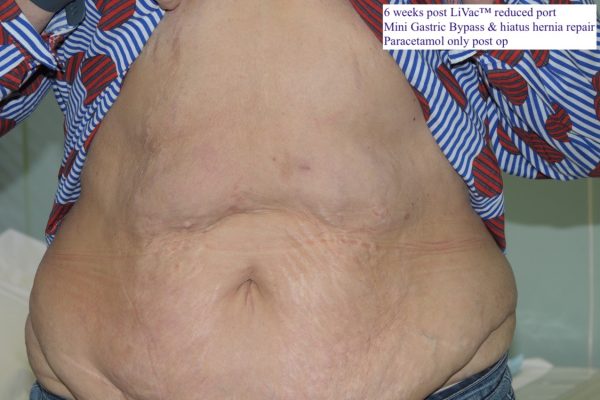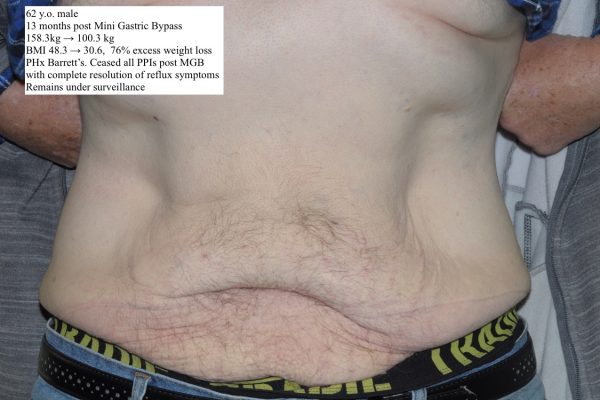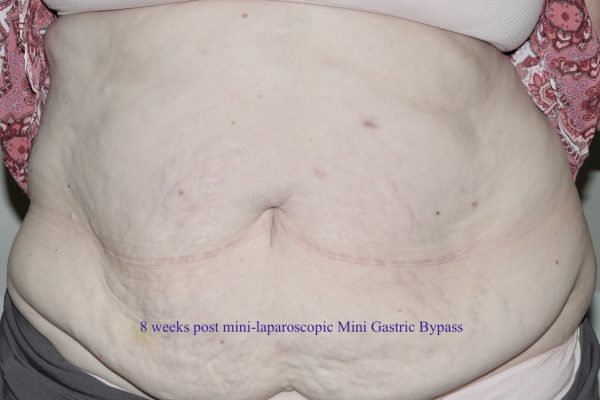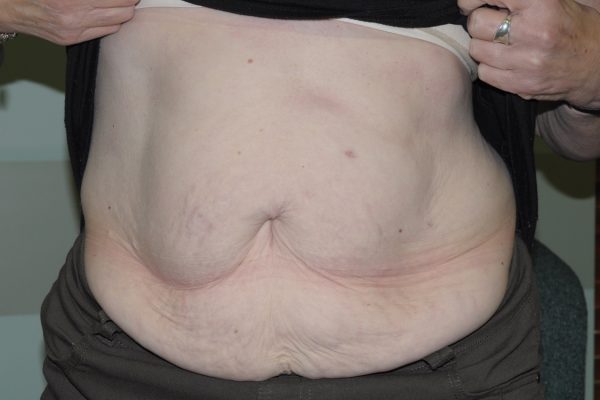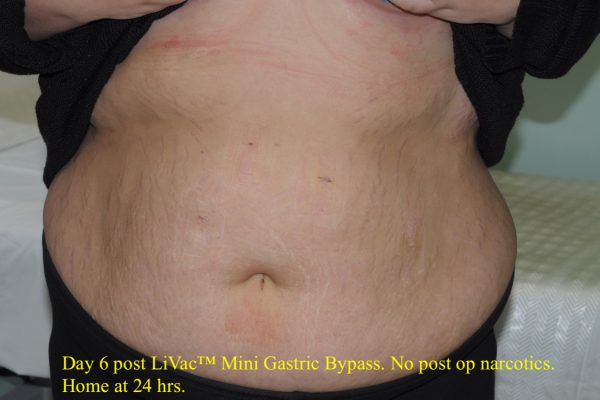Bariatric-Metabolic Surgery
Obesity is a medical term referring to an excess weight relative to height, and Bariatric surgery refers to surgical techniques to lose weight.
The Metabolic Syndrome refers to a combination of features such as central obesity (high waist measurement), high blood pressure, cholesterol and triglyceride levels, and type 2 diabetes. Some people are genetically pre-disposed to the metabolic syndrome even with less severe degrees of obesity. Dr Gan performs the Mini Gastric Bypass and Sleeve Gastrectomy. He will discuss the appropriate surgery for you.
Bariatric-metabolic surgery is a general term which refers to a range of operations that are designed to achieve weight loss and improvement in the Metabolic Syndrome. Dr Gan performs this surgery with as minimal incisions and ports as possible, as with his other keyhole operations.
Body Mass Index (BMI) is a measure of obesity that compares a patient’s weight against their height. The indications for this surgery generally include BMI > 40, or BMI > 35 with significant weight-related health problems.
Diabetes Mellitus deserves a special mention here. A joint statement publication by the major International Diabetes Organisations stated that metabolic surgery should be recommended to treat Type 2 Diabetes in patients with BMI > 40, and in those with BMI 35-40 where standard treatment was not achieving adequate control. It also recommended that this surgery should be considered for poorly controlled diabetes in BMI 30-35. These thresholds are even lower (by 2.5) for Asian patients.
Click on a photograph to enlarge
